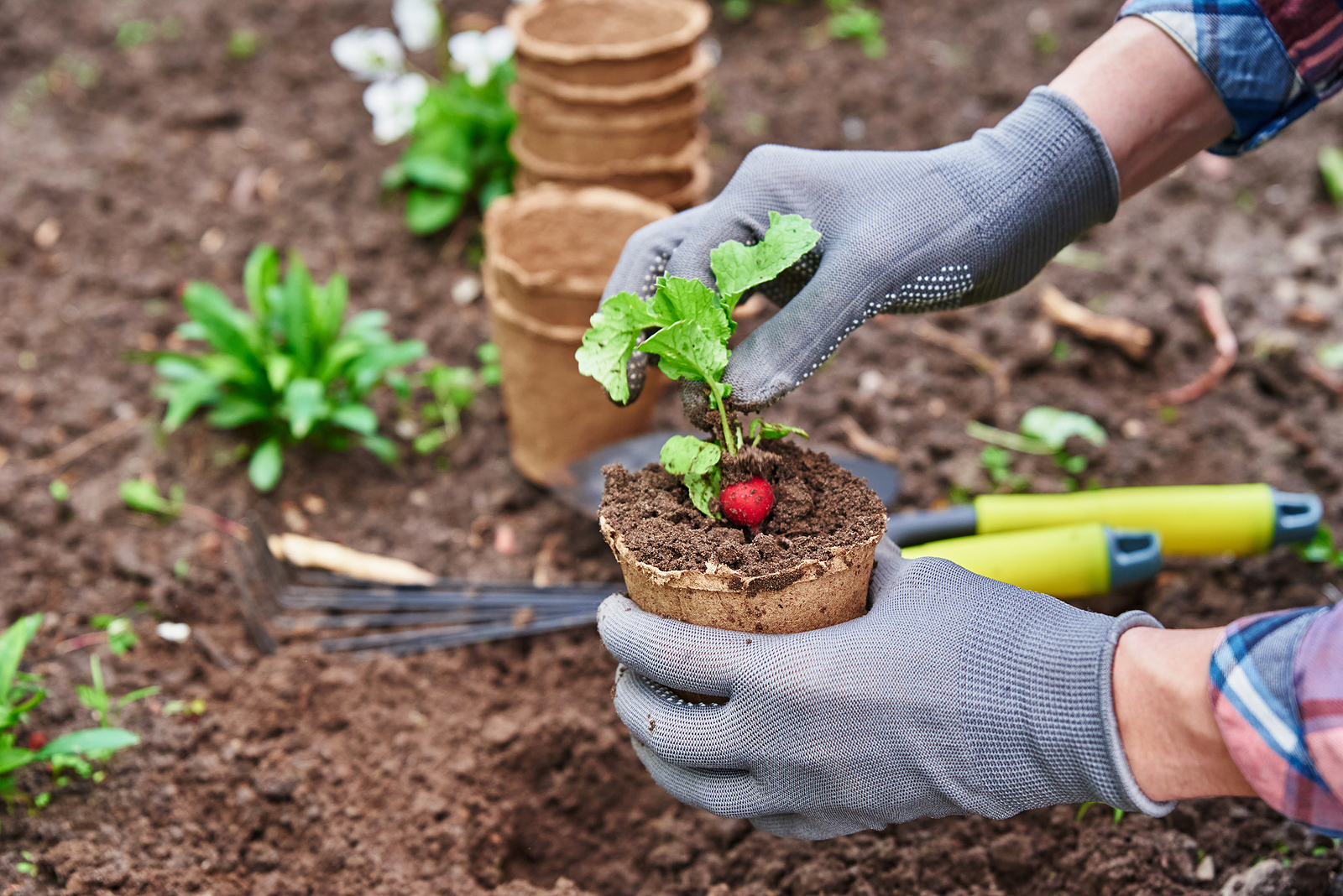We recently read a Facebook gardening group post asking “Who else loves to garden bare handed?” We were shocked at the responses, most of which agreed that they do the same.
“I need to feel the soil in my fingers,” said one response.
While garden soil may “feel” good to some, it may also contain toxins that can cause grave illnesses and even death.
Older gardeners and those with compromised immune systems are most at risk of picking up an infection while gardening.
Thankfully, you can avoid these nasties. But first, an introduction.
Sporotrichosis
Commonly known as “rose gardener’s disease,” sporotrichosis is caused by Sporothrix, a fungus that thrives in plant matter and in soil.
Although most of the gardeners who’ve suffered a bout with this nasty critter contracted it by a thorn puncture, it can also enter our systems via inhalation, according to the Centers for Disease Control (CDC).
The first sign of an infection, a bump on the skin, may not be apparent for up to 12 weeks, but may show up as early as one week.
“The bump can be red, pink, or purple, and usually appears on the finger, hand, or arm where the fungus has entered through a break in the skin,” according to the experts at the CDC.
“The bump will eventually grow larger and may look like an open sore or ulcer that is very slow to heal. Additional bumps or sores may appear later near the original one.”
This disease may result in infections in other parts of the body, such as joints, nervous system and lungs. Diabetics are at an increased risk for contracting sporotrichosis, according to the New York State Department of Health.
Legionellosis
The most common cause of Legionnaires’ disease is the bacterium Legionella pneumophila. Most cases of the disease are from the water-borne bacterium, however the Mayo Clinic says that “A few people have contracted Legionnaires’ disease after working in a garden or using contaminated potting soil.”
The disease is a form of pneumonia
Although rare for gardeners, the CDC claims that “… transmission from potting soil has occurred …” in the U.S.
CDC experts recommend that gardeners wear gloves and a dust mask when handling compost and potting mix.
Sepsis
Manure is great for our plants but not so much for us.
“Bacteria such as Escherichia coli, Salmonella, Campylobacter jejuni, and Listeria monocytogenes are often present in gardens as a result of using cow, horse, chicken or other animal manure,” according to Mark Blaskovich, senior research officer at the University of Queensland in Australia.
Infections with any of the aforementioned can lead to sepsis, a serious blood infection.
In fact, Blasovich refers to a case in England, “… where a 43-year-old solicitor and mother of two died five days after scratching her hand while gardening.”
Again, the use of gloves can go a long way in avoiding this disease.
Additional gardening safety recommendations include:
- Apply a wound dressing to cover scrapes, cuts or other open lesions on your arms and hands
- Always wear gardening gloves when working with soil and plants.
- Purchase puncture-proof gloves, elbow length, when working with and around roses.





